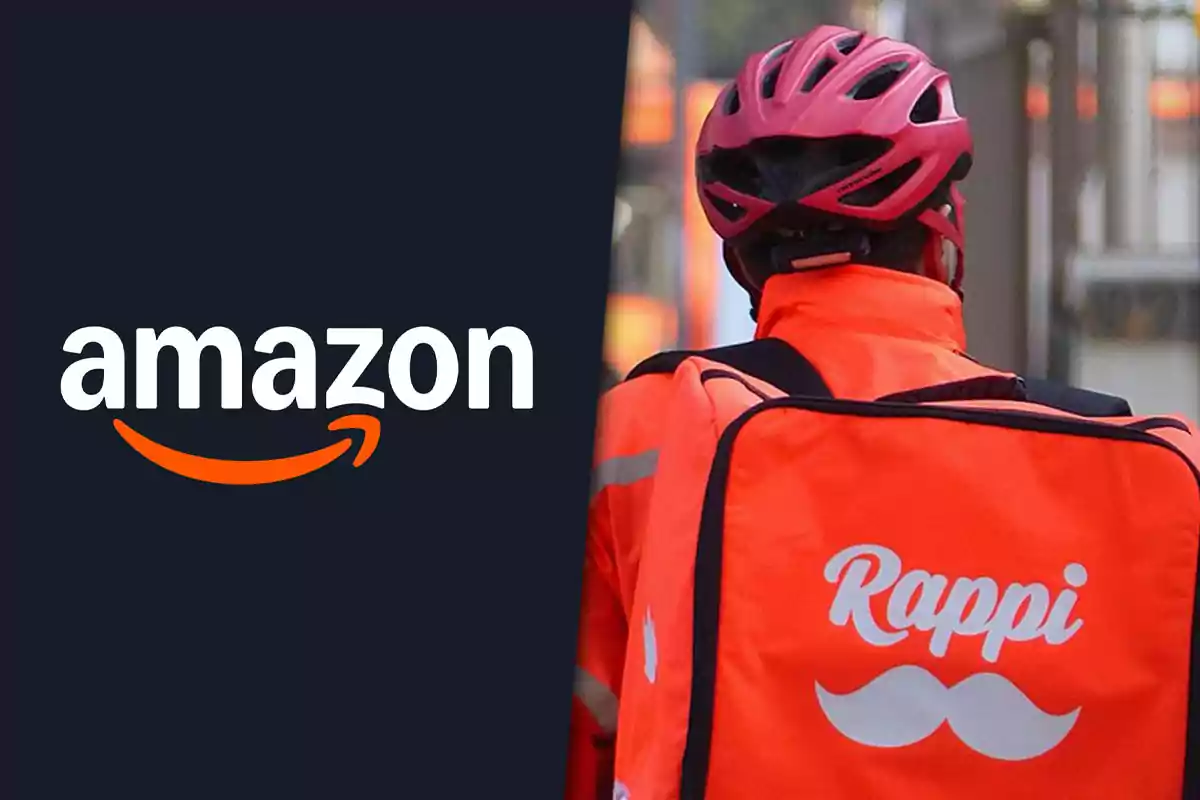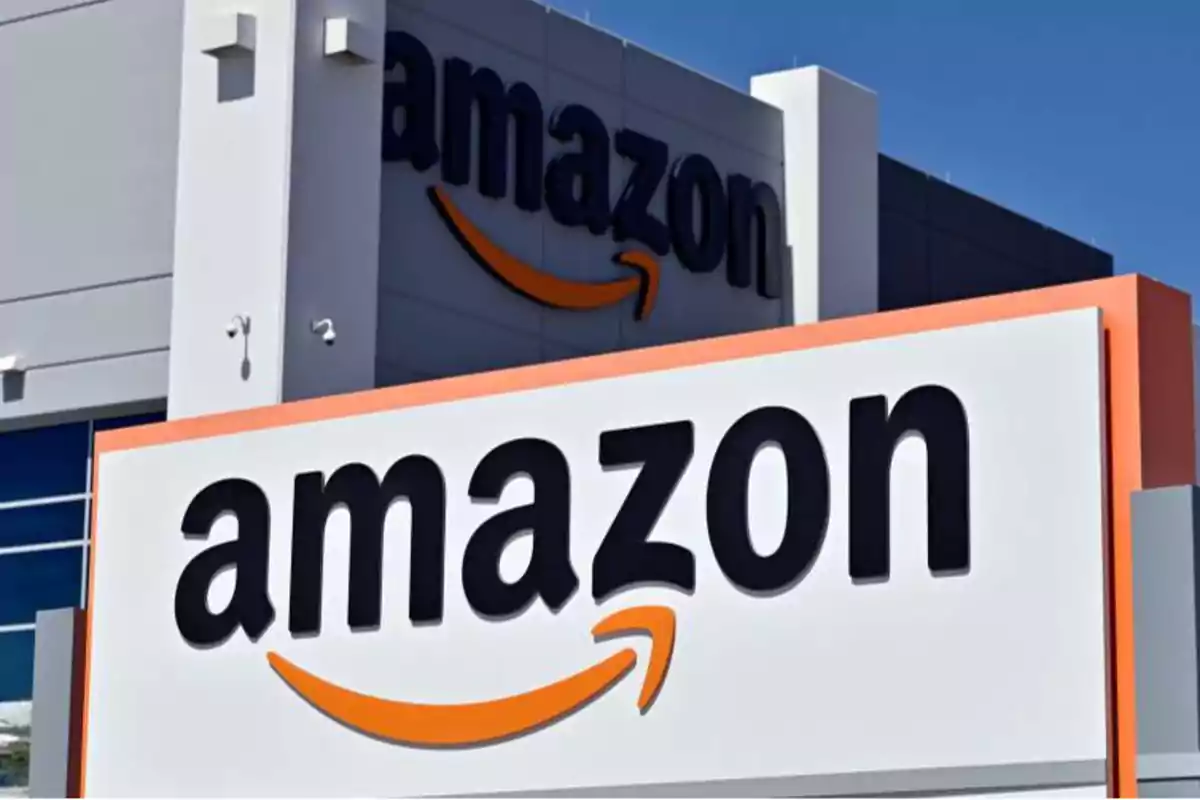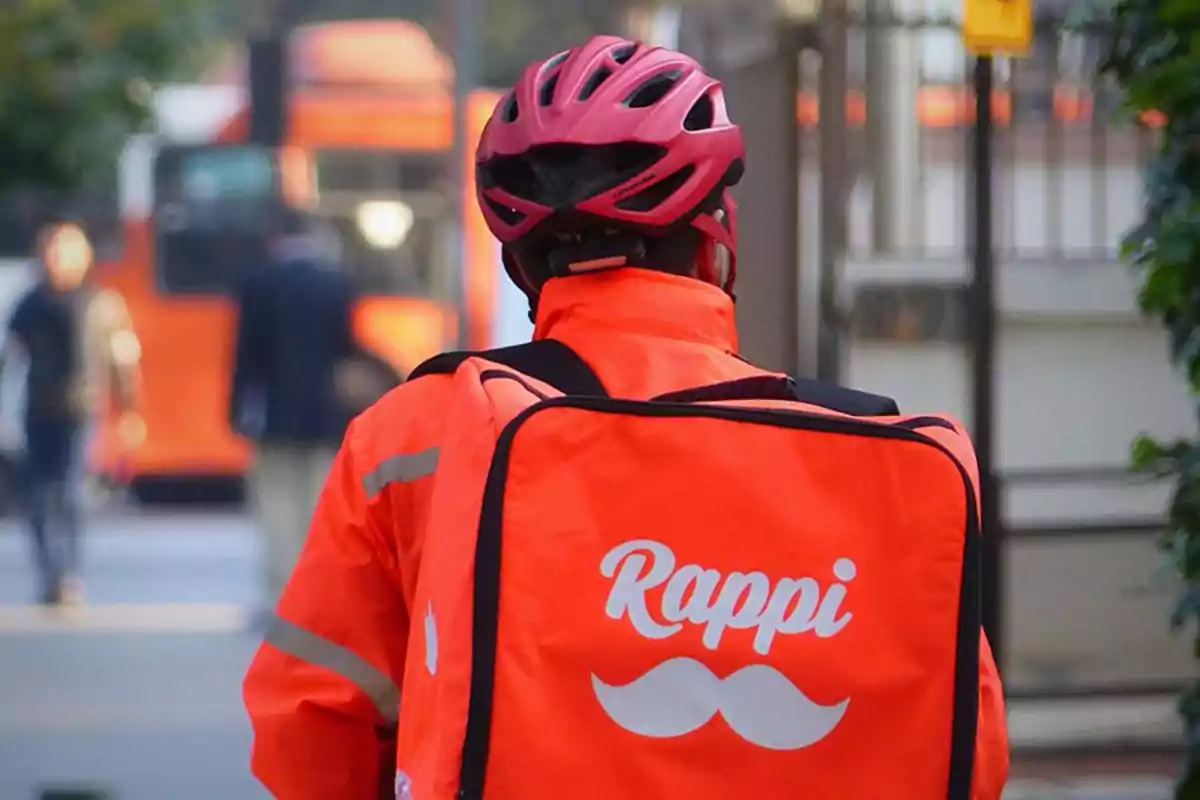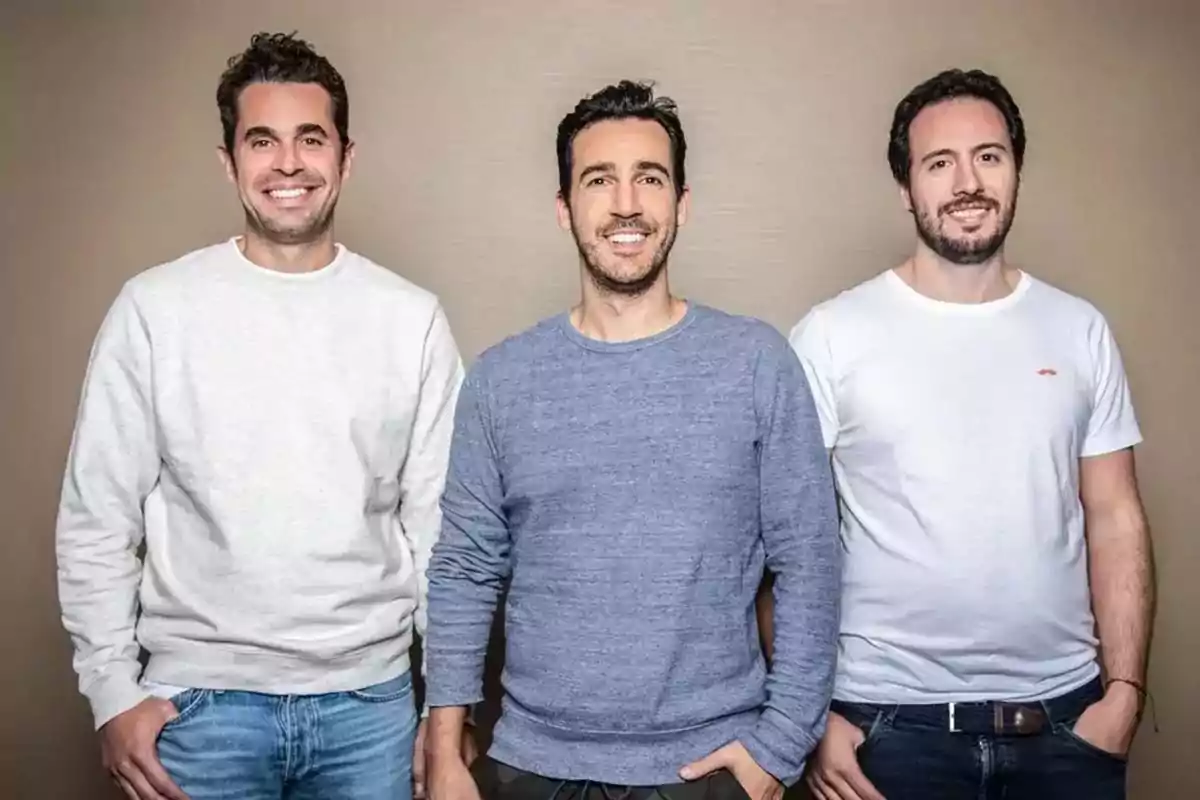
Amazon invests in Rappi and prepares to compete with Mercado Libre
Amazon invested in Rappi and could acquire up to 12% of the startup in a move to compete with Mercado Libre
Amazon took a step in the region by purchasing a stake in Rappi, the Colombian delivery startup that has been a unicorn since 2015.
According to Bloomberg, the transaction was made with a $25 million convertible promissory note. This gives Amazon the possibility of acquiring up to 12% of the company if certain milestones are met.

A strategic move to face Mercado Libre
With this investment, Amazon gains ground in a market where Mercado Libre is the undisputed leader. The alliance with Rappi allows Amazon to add territorial and logistical presence, two key factors to compete in countries such as Mexico, Brazil, Colombia, and Chile.
For Rappi, the agreement means financial backing and access to two strategic assets: Amazon's global logistics network and the services of Amazon Web Services (AWS).
Previous relationship between Amazon and Rappi
The two companies already had ties. Rappi is an AWS client and, in Mexico, Prime users get one year of free deliveries through the app. With this step, the relationship deepens and aims to transform competition in the sector.

How Amazon operates in this type of agreement
According to Bloomberg, Amazon usually resorts to convertible notes and warrants to take strategic positions in partners. Amazon has done so in airlines, food distributors, and technology companies, securing additional benefits if growth accelerates within its ecosystem.
Rappi: expansion and future plans
Founded by Simón Borrero, Sebastián Mejía, and Felipe Villamarín, Rappi operates in nine countries. Rappi has diversified its business with services such as Turbo, which promises deliveries in less than 10 minutes, and financial products like RappiPay and RappiBank.

The company, backed by SoftBank, Sequoia Capital, and T. Rowe Price, reached a valuation of more than $5 billion. In 2024, Rappi obtained a $100 million loan and is considering going public in 2025, possibly on Wall Street.
An increasingly competitive board
Amazon's move comes at a time when Mercado Libre dominates regional e-commerce with investments in logistics and financial technology. By adding Rappi as a partner, Amazon achieves territorial capillarity and a strong ally in last-mile deliveries.
The move also impacts startups such as PedidosYa and iFood, which compete in the delivery business. The integration of Rappi's logistics muscle with Amazon's platform could accelerate delivery times and generate a more integrated shopping experience.
More posts: